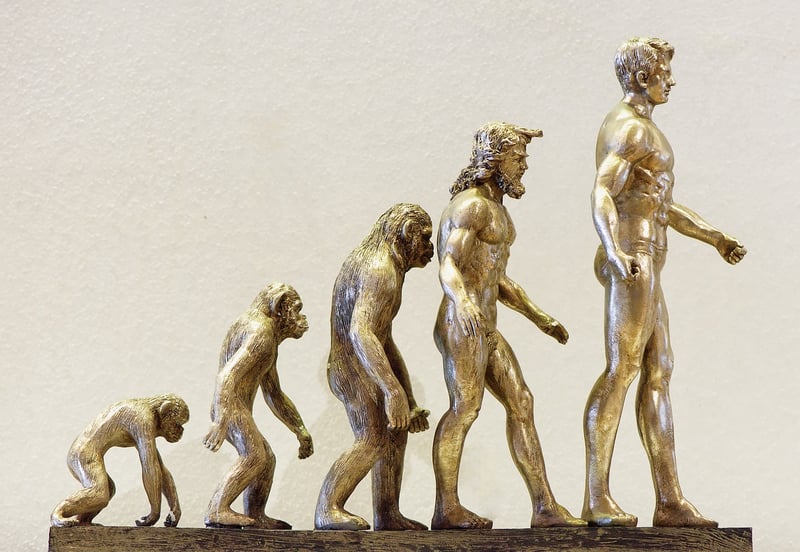Food Evolution
The Evolution of Food: Tracing Culinary Delights Through History
Food is not just sustenance; it is a reflection of our culture, history, and evolution as a species. Let's take a journey through time to explore how food has transformed over the centuries, shaping our palates and societies along the way.
Ancient Times: The Birth of Culinary Traditions
In ancient times, food was primarily about survival. Early humans foraged for berries, hunted wild game, and gathered roots and herbs. The discovery of fire revolutionized cooking, leading to the development of more complex flavors and techniques. Civilizations like the Egyptians, Greeks, and Romans laid the foundation for culinary traditions that would endure for millennia.

The Middle Ages: A Feast for the Senses
The Middle Ages saw a flourishing of culinary arts in Europe. Nobility indulged in elaborate feasts featuring exotic spices, sugar, and intricate dishes. The concept of dining etiquette emerged, shaping social gatherings and banquets. Monasteries also played a significant role in preserving culinary knowledge and experimenting with new ingredients.

The Renaissance and Beyond: Global Influences and Culinary Fusion
The Renaissance marked a period of exploration and discovery, leading to the Columbian Exchange and the integration of new ingredients from around the world. Sugar, coffee, tomatoes, and potatoes transformed European cuisine, creating a rich tapestry of flavors. The industrial revolution further revolutionized food production, making ingredients more accessible and affordable.

Modern Times: From Farm to Table
In the modern era, the farm-to-table movement has gained popularity, emphasizing fresh, locally sourced ingredients and sustainable practices. Food globalization has led to a fusion of culinary styles, with chefs incorporating diverse influences into their creations. The rise of technology has also transformed how we cook, eat, and interact with food.

Conclusion
Food is a dynamic and ever-evolving part of human culture. By tracing its history, we gain a deeper appreciation for the flavors, techniques, and traditions that have shaped our culinary landscape. As we look to the future, let's continue to celebrate diversity, sustainability, and creativity in the world of food.
Explore more about the evolution of food here.
